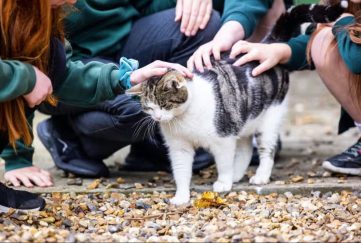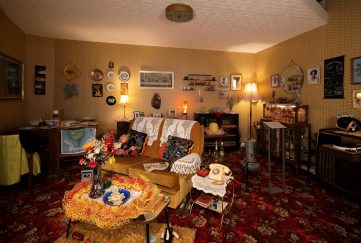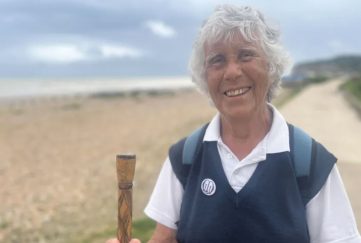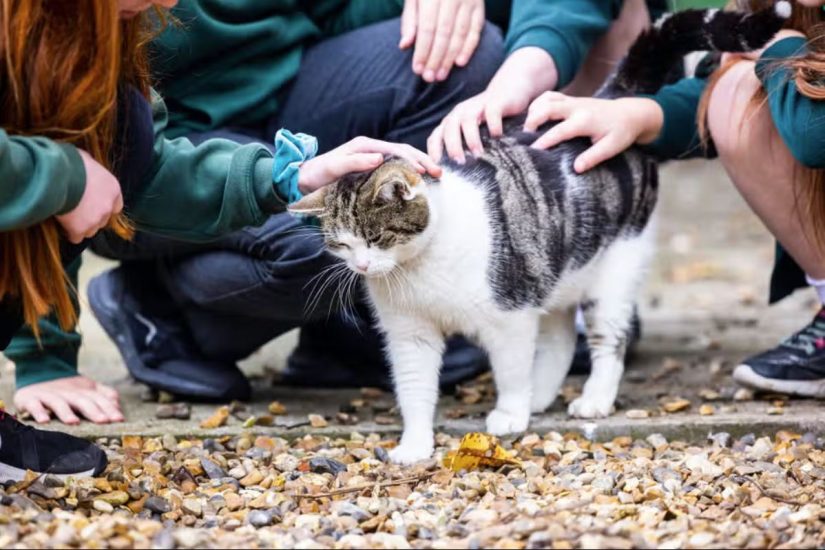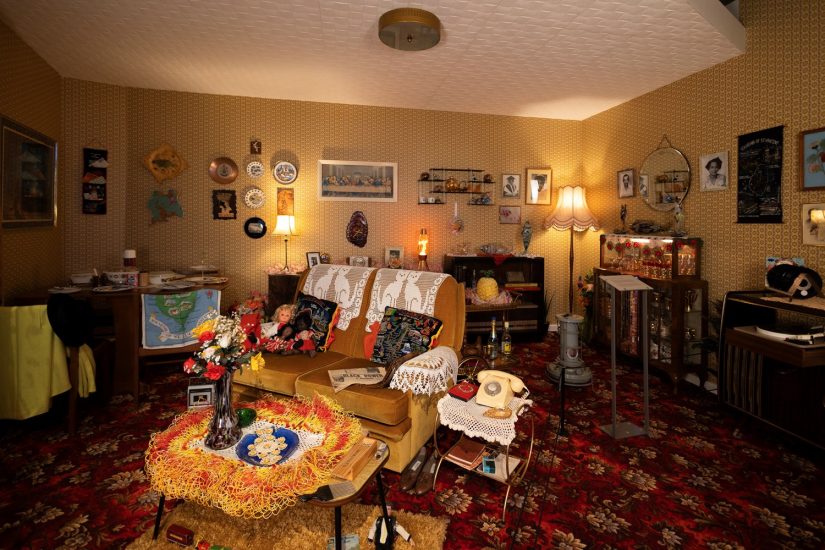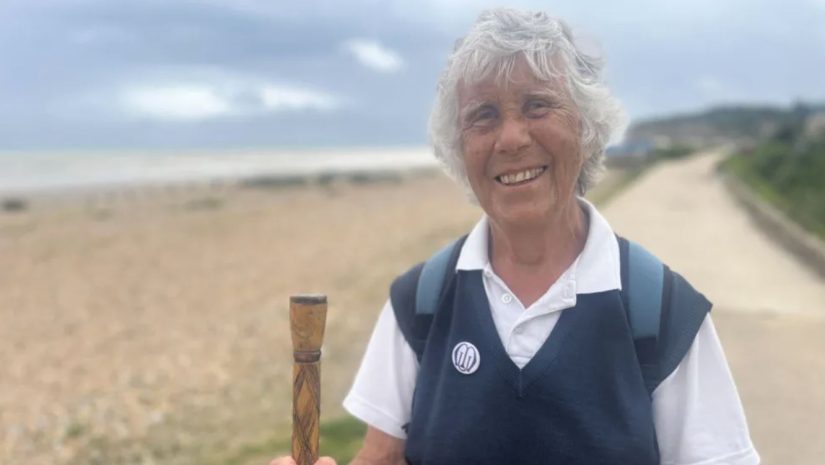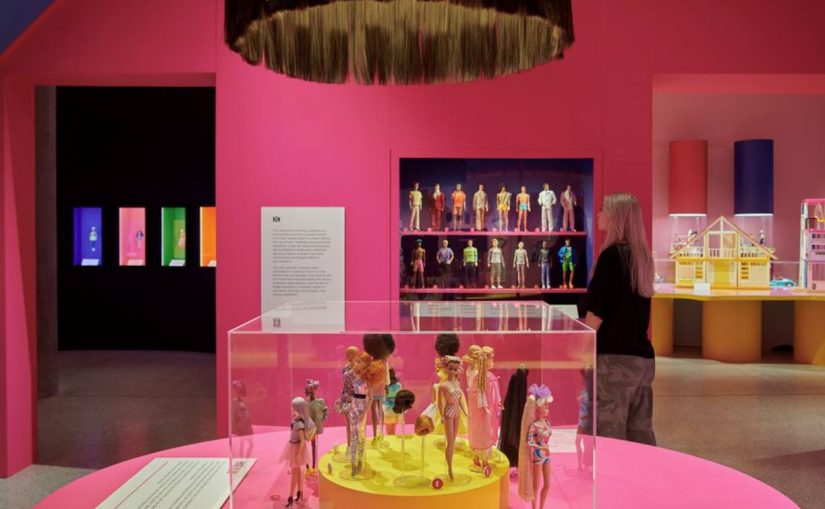“The Christmas Spirit” By Charles Edwardes
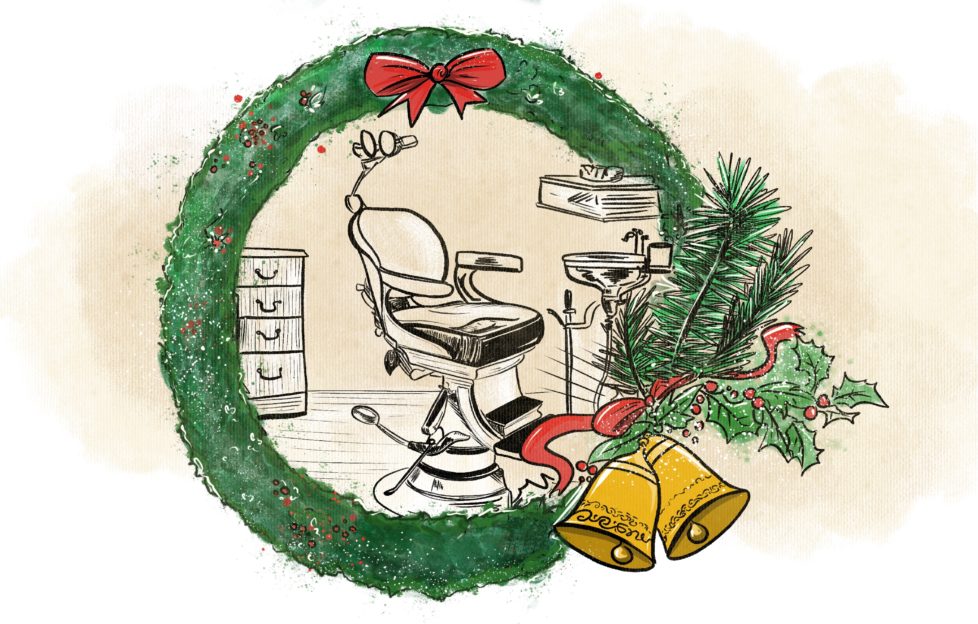
This story was first published in “The People’s Friend” at Christmas time in 1914.
It was subtitled “How It Overcame The Sixpenny Dentist”.
It’s a great little story, we hope you enjoy!
Pretty Margaret Rowley’s turn came at last.
“Well,” said Mr Dergan, the dentist, when she and her mother were in the Room of the Awful Red Chair.
The sixpenny dentist couldn’t guarantee painless extraction, and he was used to distressed faces like this pretty girl’s.
Margaret’s mother spoke for her:
“There three in her top jaw as ought to come out, sir, accordin’ to what she says.
“It’s ache, ache, ache all the time, night and day, up to her eyes and down to her heart, she says, poor dear.
“There’ll be no merry Christmas for her, I can tell you.”
“Hmm,” said the dentist. “Don’t believe in ‘Merry Christmas’ much myself. Bad for the teeth. Open you mouth, please,” and he proceeded to tap this tooth and that.
He was a hard-faced, frowning man of about forty, and presently spoke as if he felt rather annoyed.
“There’s nothing wrong with them that I can see,” he said.
“There now!” exclaimed Margaret’s mother elatedly. “Didn’t I tell you, my dear? It’s only the neuralgy after all.”
“But, mother,” urged the pretty sufferer faintly.
“I expect your mother’s right,” said the dentist bluntly. “It’s yourself who ought to be out, not any of your teeth.
“You ought to be out of doors as much as possible by the look of you.”
“Yes, sir,” said Margaret, blushing where she had previously been most pale. She took his hint about moving, but wished to pay her sixpence.
“Not likely — at Christmas,” said the dentist. He laughed as if it were an effort, and opened the door for them with a “good morning” this time.
But Margaret’s mother was not so eager to go. Touching him on the arm, she said:
“You go on down, my dear. I’ll be with you directly.”
Then she drew back into the room and whispered:
“It’s all along of her young man, sir. He’s got himself into trouble, and she’s worrying herself to death about him.”
“Indeed!” said the dentist indifferently, but nevertheless with another glance at Margaret’s receding back.
He was himself a determined bachelor. His business hours were 9 to 9, and he seldom wasted a moment on sentiment.
“She wants a tonic,” he continued, now, examining his finger nails. “A nice looking girl like that! Tell her —” he broke off abruptly. “But this won’t do. Good-day to you.”
He marched away to his other room of waiting sixpennyworths, and Mrs Rowley bustled down the stairs after her pretty chick.
This was between eleven o’clock and twelve. At one o’clock the dentist snatched twenty minutes for his luncheon, and at half-past was surprised to find Margaret again in his waiting-room, unaccompanied by her mother this time.
There were nine or ten others, but without any hesitation he beckoned first to her.
“Well,” he said, again in his torture chamber. “Still paining you, is it?”
“Not nearly so much, sir,” answered Margaret, “but Mother said I was to come for a tonic.”
“Eh! What’s that?” exclaimed the dentist, elevating his eyebrows. “Oh, I see. So I did.”
He smiled at Margaret’s charming confusion.
“I’ll fetch it for you in a second or two.”
He returned in about three minutes with a large bottle in brown paper.
“Take a glass of this daily, and cheer up,” he said.
A second time she wished to pay something, but he wouldn’t have it.
“No, no — that’s all right,” he said resolutely as he went with her to the stairhead. “By the way, what work do you do?” he asked when they reached it.
“I’m an assistant in Griffith & Owen’s drapery stores, sir.”
“Ah! Thought you were something of that anaemic kind, It’s a pity you can’t be more in the fresh air. Well, good-bye, and don’t break your heart over him, whoever he is.”
***
At seven minutes to nine the next morning Margaret came flushed to the brass plate inscribed “B Dergan, dentist. Teeth extracted from sixpence.”
He arrived a moment or two later. A natty little sage-green motor car drew up to the pavement, out stepped the sixpenny dentist, and he caught Margaret on the fifth or sixth stair.
“What!” he exclaimed, “you again! Good morning to you.”
Margaret began to thank him at once.
“That’ll do, that’ll do,” he said, interrupting her. “But you’re looking much fitter. Done you good, has it? That’s right. And how’s the other trouble?”
“Other trouble, sir?” murmured Margaret. But her eyes and cheeks showed that she guessed what he meant.
“Yes, the young man! Had a little tiff which —”
He stopped.
“Why, what’s the matter?” he asked concernedly.
Some gasps and two tear-bright grey eyes were the matter.
“Look here — look here!” said the dentist stammeringly. “I say, I’m sorry. Come in and tell me about it, will you? Just a minute.”
Margaret went in with him. It was against the grain, but she didn’t see what else she could do.
“Is he ill?” questioned the dentist as soon as they were in the room of the Red Chair.
“No, sir. He’s out of work.”
“What work?”
“He was with the Lightning Car Company a fortnight ago. But he cheeked the foreman — he’s so hot-tempered — and they s-sacked him, sir.”
“Well, but if he’s a good man he’ll soon get another job. I say, don’t cry. It’s ridiculous to cry. What’s there to cry about?”
“Because —” it came with difficulty, while a succession of ridiculous tears slid down Margaret’s rosy cheeks.
They were to have been married next month, but the hot-tempered young man’s sudden sack had led to a spell of recklessness which had made him as indifferent, almost, about her future as his own.
“Is that so?” muttered the dentist. “Upon my word! The silly young ass!”
“No, sir, he isn’t,” objected Margaret. “But I mustn’t stay any longer. I shall be late.”
The dentist nodded.
“What’s his name? he asked, as he opened the door for her.
“Plimm, sir — Gordon Plimm. And thank you so much again.”
“Oh, nonsense, nonsense,” said the dentist impatiently. “But, as it happens, I don’t know your name?”
“Rowley, sir. Margaret Rowley.”
“Margaret Rowley,” echoed the dentist. He smiled sternly and offered her his hand — a favour conferred upon not one sixpenny patient in two hundred.
“Well, good-morning, Miss Rowley, and never say die, you know. And don’t forget your tonic in the meantime.”
For the next three hours he examined jaws and drew teeth without a pause worth mentioning. He made quite a lot of small money in the time.
Then his man Simpson came up to remind him that for once he had proposed to enjoy a half-holiday, weather permitting.
It’s kept fine, so I’ve brought the car round,” said Simpson. “It’s a very fine day for the Christmas time.”
An exceptionally alert look came into the dentist’s eyes.
“By Jove, I’d forgotten. All right. I’ll soon be down,” he said, and straightaway proceeded to clear the waiting-room for that day in very summary fashion.
He joined Simpson looking as if he were out for a fortune instead of a mere joy rid.
“Which road, sir?” asked Simpson.
“Happen to know a fellow named Plimm or Plum — one of the Lightning Company’s men? No? Well, drive there first. We’ll enquire.”
He saw the works’ manager, secured Gordon Plimm’s address, and in another five minutes was face to face with Margaret’s reckless sweetheart.
A finely-built, Celtic, dark-eyed young man with curly black hair, he came into his mother’s parlour from the garden where he was doing some late pruning.
The dentist said “Hmm” then and finished looking him over. There wasn’t a sign of nonsense about him. He had a high-spirited, manly smile which the dentist liked.
“Well, sir, what can I do for you?” he asked. “Fire away. I’m expecting my young lady about one o’clock, but —”
“Expecting your young lady about one o’clock,” exclaimed the dentist, looking as if nothing could be more improper or improbable.
“Yes, sir. We’ve been in the wars just lately, she and me. Ructions of one sort and another. But we’ve made good again, as they say.
“At least I’m hoping so, this being Christmas. But what is it you want to see me about, sir?”
“You’re used to cars and can be a careful driver when it suits you, I understand?” queried the dentist oddly. “My man will be leaving me soon, and I thought you might suit me.”
“That so, sir?” Gordon Plimm’s eyes flashed. “Well, it is a funny world, and no mistake!” he observed.
“You mean —?” suggested the dentist.
“I mean it never rains but it pours, sir. At eleven o’clock my young lady came to see me and we made it up. She’s been off colour like me, though in a different way, and they’ve given her the half day.
“We’re going a walk after we’ve had some dinner here and I’ve eaten some humble pie somewhere else.
“I don’t think I’ll be free for your job when I’ve eaten that pie. Many thanks, sir.”
“Oh, indeed! Humble pie, eh?” The dentist seemed so interested and kindly inquisitive that the young man told him a little more.
“You see, sir, I’m a Lightning Works’ man, and though I say it myself a first class hand.
“But I’ve a temper of my own and I called the foreman a ‘thickhead’ because of some stupid thing he wanted me to do the other day, and got the straight chuck.
“It made me so mad that I’ve ben off the compass ever since. And she’s had bad times, too — my young lady — until yesterday, when she went to have some teeth out, as she thought, and got a present of a bottle of wine instead.
“It bucked up her spirits though, the wine did, and made her ask for the day off, and then she thought she’d come round here to tell me.
“And so it is. They’ll take me on again all right at the Works if I apologise, and I’ve decided to do it.
“That’s what I mean by the humble pie. Awfully obliged just the same, sir.”
“You feel pretty certain they’ll take you back?” asked the dentist.
“It’s ten to one on, sir.”
“You’re lucky,” said the dentist.
Gordon Plimm laughed.
“I was thinking so myself just now with the pruning knife in my hand,” said he. “If you were to see my young lady —”
It was the dentist’s turn now to laugh, as he looked at his watch.
“Ten minutes to one,” he remarked. “I’m wasting my time — and yours! Good-day, Mr Plimm.”
The young man accompanied him to the door and the car. He would have liked to criticise the car, which was not a Lightning, but the chance was denied him.
“Get along!” said the dentist to his man before he was seated.
Though it would have been pleasure of a sort to see pretty Margaret Rowley again, he did not wish to be seen by her where he was.
***
“Wonder who he is!” said Gordon Plimm to himself when Simpson had got well along.
The sixpenny dentist was presently also wondering what on earth made him give Margaret that bottle of wine yesterday.
“It was a queer thing to do, but it seems to have worked out all right.
“I’ve done queer things like that before — in the spring — it must be the Christmas spirit, I suppose.
“Good old Christmas!”
Click here to read more of our fantastic Fiction content.
Click here to delve into our dramatic Daily Serial.


